- Chocolate Egger – Sold as Baby Chicks Only
Search Results for: chicks
Orpington Chickens in the Heritage Breed Spotlight
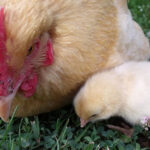
Orpington chickens get their name from the town of Orpington in Kent, England. They are the creation of Britain’s William Cook, whose goal was developing an outstanding meat and egg breed that tolerates England’s cold winters. Orpingtons first appeared at exhibition in London in 1886 and were first shown in the United States in 1895. […]
Continue ReadingWyandotte Chickens in the Heritage Breed Spotlight
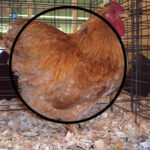
Wyandotte chickens were developed in a region of the United States once occupied by the Native American Huron tribes. Collectively, these tribes were known as Wendat, or Wyandot, which inspired the breed name. Physical Attributes With their short tail, short back, and loose feathering, Wyandotte chickens look rather round. They may be large or bantam. […]
Continue ReadingSilkie Bantam Chickens in the Breed Spotlight
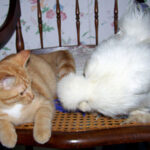
The details of exactly when and how Silkie bantam chickens came into being have been lost in the mists of time. The breed was first mentioned by Marco Polo, who wrote about “chickens with fur-like feathers and black skin” in his 13th century report of his explorations in Asia. Most likely Silkie chickens existed long […]
Continue ReadingCaring for Bantam Chickens
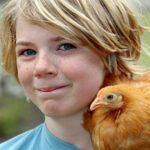
Does caring for bantam chickens differ from keeping larger chickens? Yes and no. Any differences generally relate to the bantams’ smaller size and to their typically gentle temperament. Predator Protection Bantam chickens are so light in weight that most predators can easily carry one away. And because they have shorter legs, they can’t run to […]
Continue ReadingThe Baby Chick Playground
Crazy Cackle Zombie Chicken
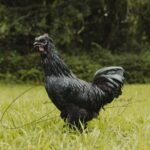
- Crazy Cackle Zombie Chicken – Sold as Baby Chicks Only
Seasonal/Shipped Feb thru September
LIMIT OF 10
Continue ReadingChocolate Egger™ Chicken

- Chocolate Egger™ – Sold as Baby Chicks Only
Not Sexed = 3
Female = 3
Male = 1
Total of 3 birds to ship
Seasonal/Shipped Feb thru October
Maximum 25 Female and Male
Continue ReadingChocolate Egger – Not Sexed
- Chocolate Egger – Sold as Baby Chicks Only
10 Things to Know Before You Get Chickens
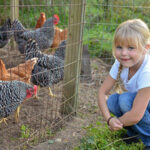
Judging from numerous online posts, many people jump into chicken keeping without giving enough thought to what’s involved. As a result, you see lots of posts listing “things I wish I’d known.” Or along the lines of “advice to newbie chicken keeper.” Interestingly, these lists frequently repeat the same things. In the spirit of being […]
Continue Reading
